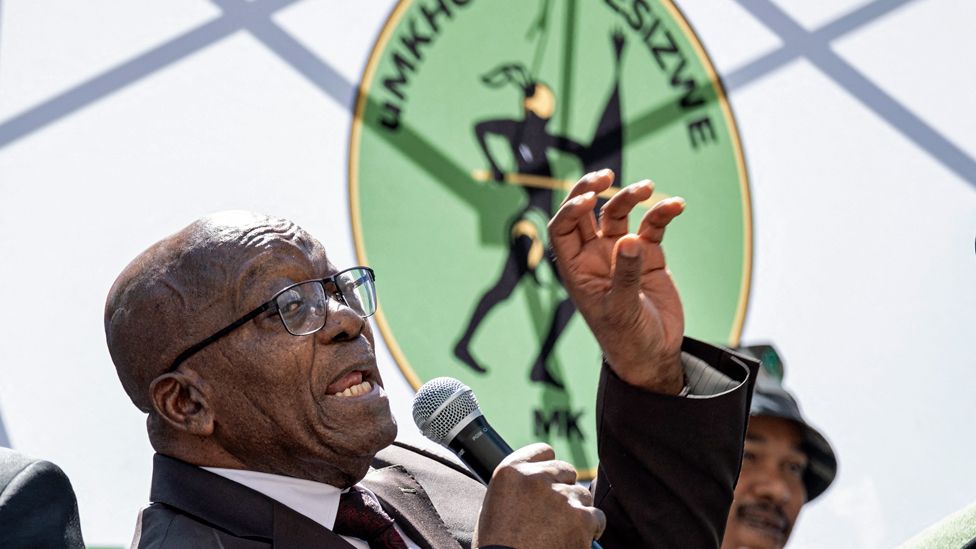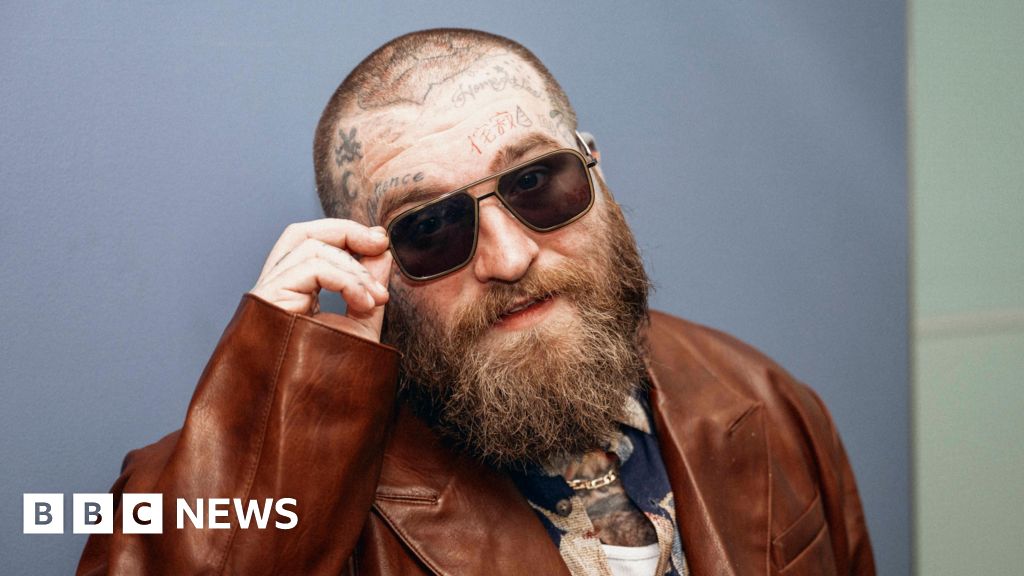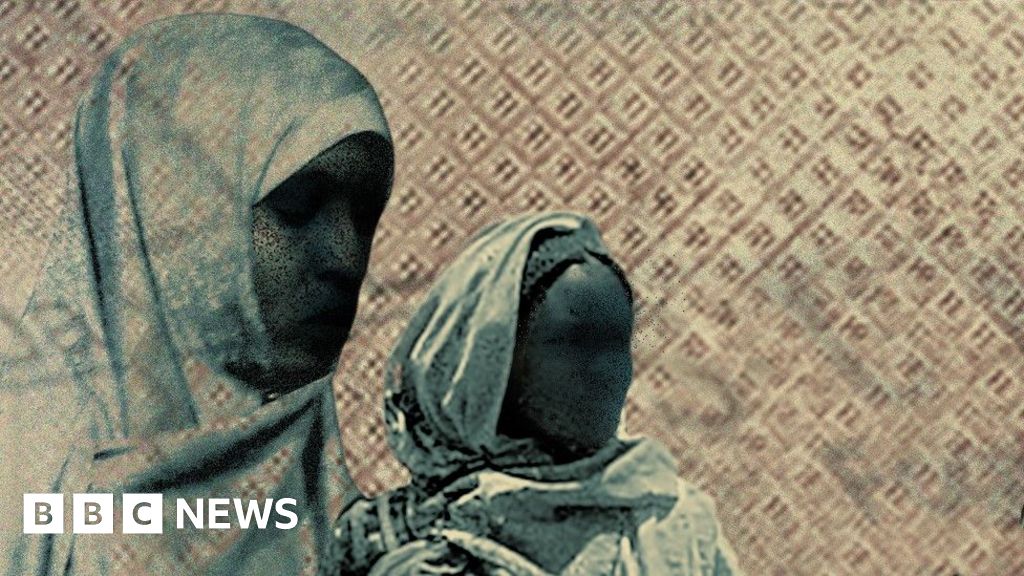ARTICLE AD BOX
 Image source, AFP
Image source, AFP
By Rafieka Williams & Lucy Fleming
BBC News, Johannesburg
South Africa's battle-scarred former President Jacob Zuma is proving he still has a winning streak - recently scoring a hat-trick in the courtroom.
For the third time in the last month the 82-year-old has thwarted attempts to stop him, or his new party, from contesting the general election at the end of May.
His latest victory came on Monday in the Durban High Court, where the governing African National Congress (ANC) tried to force his party, uMkhonto weSizwe (MK), to drop its name and logo.
This is because it is named after the now disbanded armed wing of the ANC, which fought against white-minority rule that ended with the election of anti-apartheid hero Nelson Mandela in 1994.
The ANC argued that trademark law had been breached and that the use of the name, which translates as Spear of the Nation, would lead to voter confusion in the upcoming May polls. The judge disagreed.
"It's a big victory for MK politically and financially. They would've had to start all over again if they lost. It would've crippled them completely financially," Paddy Harper, the South African Mail & Guardian newspaper's KwaZulu-Natal correspondent, told the BBC.
"They launched the manifesto essentially online this last weekend," he says, about the two-page document which is big on headlines and thin on detail.
"This tells you that they don't have the money, so starting the campaign with a different logo would've set them back massively."
Image source, Getty Images
Image caption,President Cyril Ramaphosa (R) learns some dance moves on Saturday on the campaign trail in KwaZulu-Natal, a crucial election battle ground
The high court ruling is campaign gold for MK, allowing activists to crow about their victory, even if the governing party says it will appeal against the ruling.
But the ruling also shows how much MK relies on the charismatic appeal of Mr Zuma, a former ANC stalwart who once served in its armed wing.
The allegations of corruption he faces, but denies, have not affected his huge popularity in his home province of KwaZulu-Natal.
High court judge Mahendra Chetty mainly dismissed the application on the grounds that the ANC had left the legal action too late and should have approached the electoral court, not the high court.
MK was registered as a party in September, but it was only when Mr Zuma came out in support of it in December that the ANC woke up to the threat, said Harper.
"The ANC failed the urgency test with their high court application, they created the urgency for themselves," he said.
"The judge said this was an electoral matter, not one of trademark and it should have been dealt with by the electoral court."
This is the second loss for the ANC against MK.
At the end of March the electoral court rejected the ANC's argument that the party had not met the official registration criteria.
"The ANC's attempts to delegitimise them using the courts have failed completely," said Harper.
The electoral court has also overturned the electoral commission's ban on Mr Zuma's candidacy for a parliamentary seat.
The constitution bars people from holding public office if convicted of a crime and sentenced to more than 12 months in prison.
The electoral commission had argued that as Mr Zuma was sentenced to 15 months in jail in 2021 for failing to testify in a corruption investigation he did not qualify.
The court has not yet given reasons for its decision, though as Mr Zuma only served three months on health grounds and was given a remission of sentence by the president, his lawyers argue it means his sentence was "cancelled".
Mr Zuma has a chequered record when it comes to courtrooms - so the recent rulings are a boon for him.
The judiciary seems to want to avoid interfering, and leave the electorate to decide on the fate of the former president and his party.
The ruling will also ease political tensions. When Mr Zuma was arrested in 2021 for contempt of court, it sparked deadly riots - mainly in KwaZulu-Natal.
"The law and God is on the side of the MK party. ANC your days are numbered, you've attacked the MK party for too long," MK's Visvin Reddy said outside court on Monday.
This prediction may be far-fetched, though the ANC could lose its outright majority in the national parliament - currently 57% - for the first time in 30 years, as well as in the KwaZulu-Natal legislature.
But for those disillusioned with the ANC's performance, there are plenty of parties to choose from in this election - the ballot paper will be long.
Image source, Getty Images
Image caption,The Inkatha Freedom Party (IFP), which split from the ANC in 1975, has mainly been popular with Zulu voters in the past
MK may poach some votes from other political parties, not just the ANC - in particular from the Zulu nationalist Inkatha Freedom Party (IFP), which took 3.38% of the vote nationally in 2019, and the Economic Freedom Fighters (EFF), which has a young support base and won 10.8% in the last election.
South Africans seem spoiled for choice this time - in addition to the usual national and provincial ballots, voters are expected to cast, for the first time, a third vote for independent candidates who are not aligned to established parties.
When announcing that the ANC intended to appeal against the trademark ruling, its secretary-general Fikile Mbalula criticised the media for focusing too much on Mr Zuma given this breadth of opposition.
Cape Town-based political analyst Sanusha Naidu also warned that the media frenzy over Mr Zuma could skew polling data.
Several recent opinion polls predict MK may take 14% nationally - though it could get far less given the performance of other breakaway ANC parties in previous elections.
"The problem with this election is that people want to bottleneck it into a predictable outcome and it's not going to happen that way," she told the BBC.
And for Mr Zuma, the court action is likely to continue.
The electoral commission has lodged an urgent appeal with the highest court, the Constitutional Court, in a bid to overturn the electoral court's verdict.
It was the Constitutional Court that sent the former president to jail in 2021.
Some are concerned that this ping-pong in the courts is distracting from the bigger issues facing South Africa - high unemployment, the cost-of-living crisis, lack of electricity and criminal violence.
Nonetheless the courtroom drama around MK has the electorate gripped.

 9 months ago
51
9 months ago
51








 English (US) ·
English (US) ·